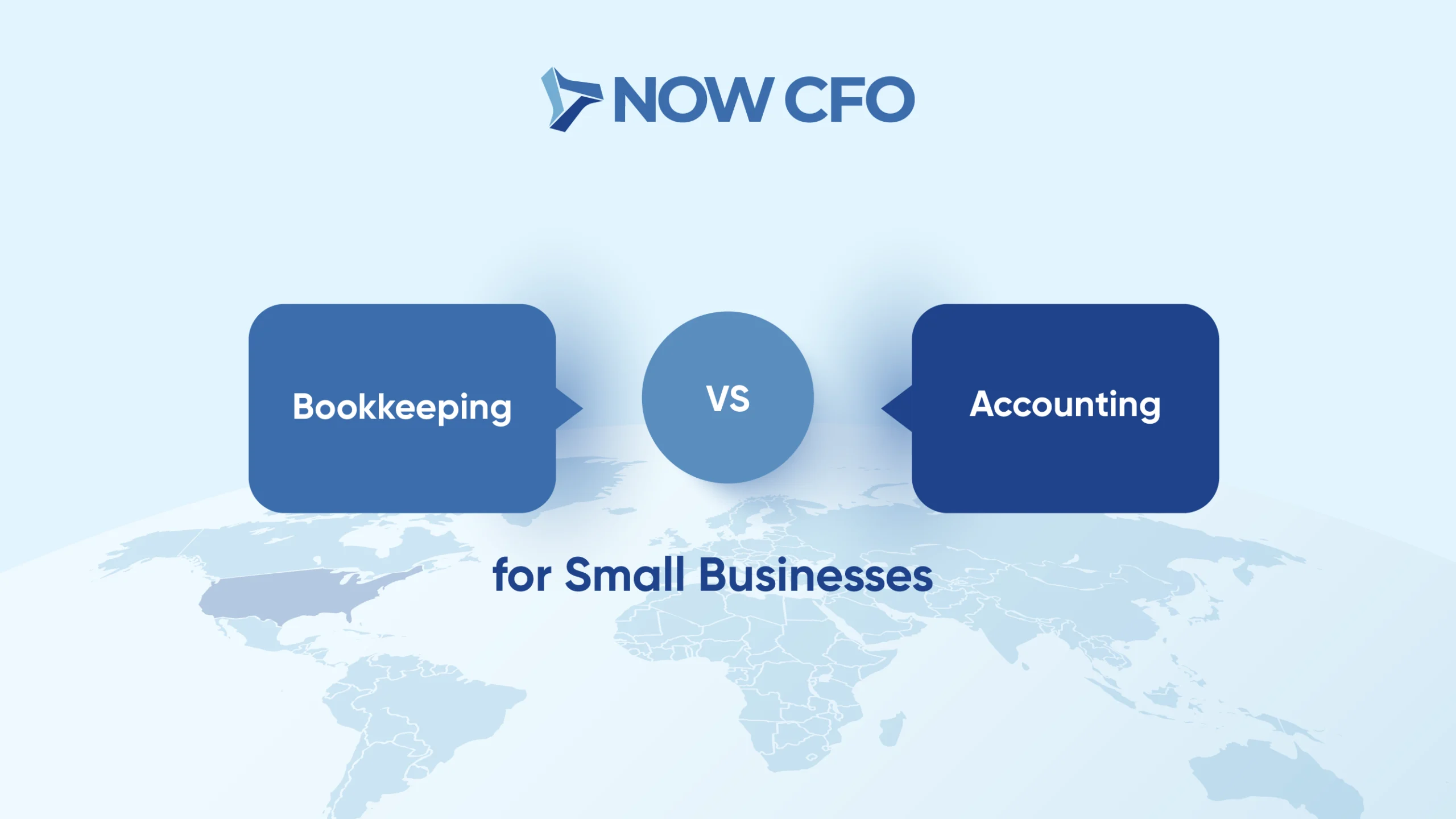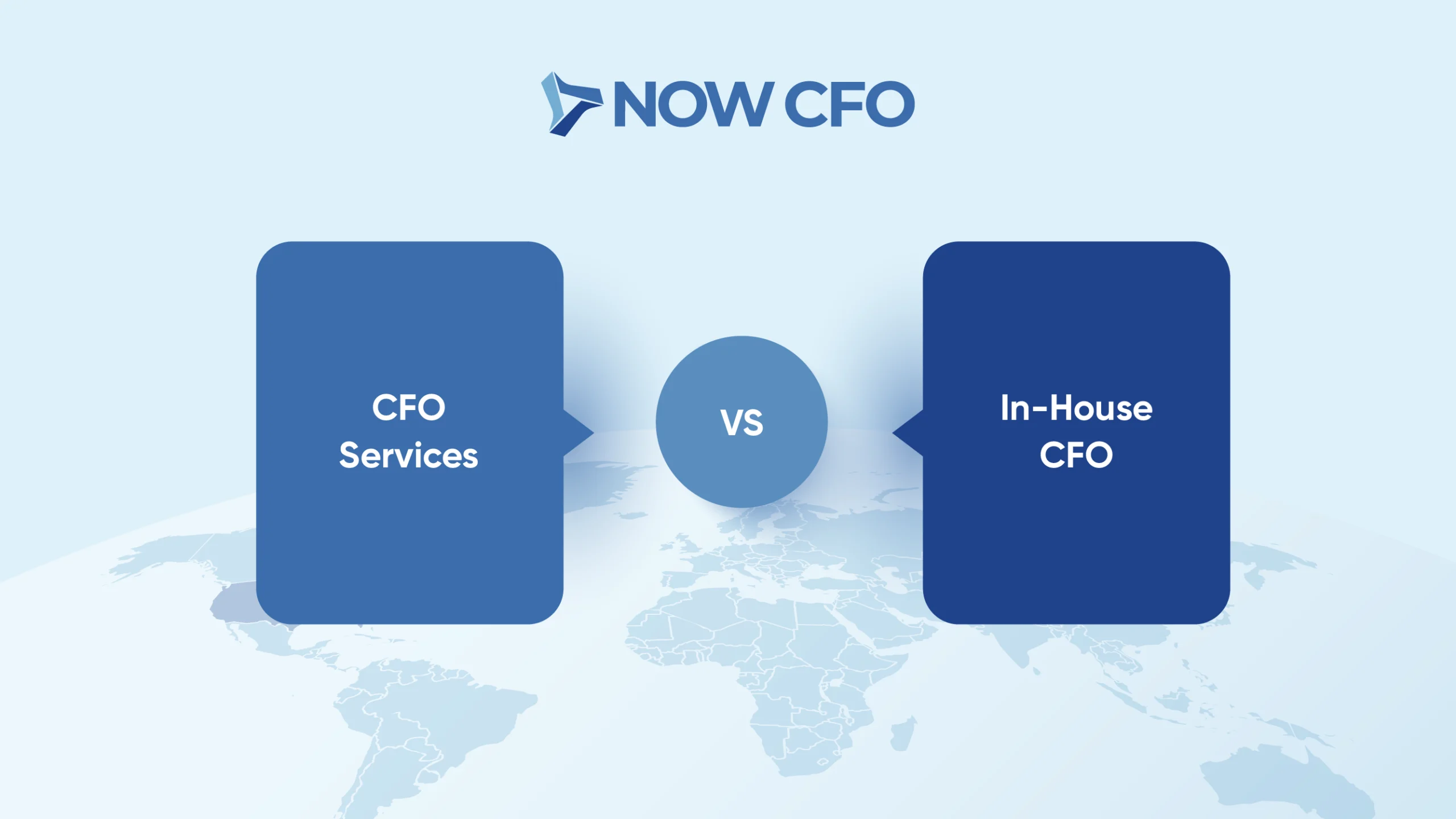
Financial Reporting Cannot Be Overstated
In the ever-evolving finance landscape, the significance of streamlining financial reporting cannot be overstated. However, amidst the vast sea of numbers and data, a peculiar phenomenon has emerged – the enigmatic growth of Treasury stock to a staggering figure of more than negative 100% of total assets. Such an anomaly has perplexed businesses and investors, underscoring the urgent need to revamp financial reporting processes. As the pursuit of clarity intensifies, unlocking the secrets behind this extraordinary occurrence holds the key to unleashing the true potential of financial reporting and steering businesses toward informed decision-making with renewed confidence.
Strategies to Improve Financial Reporting:
- Automation and Integration: Implementing financial management software that automates data entry, reconciliation, and reporting streamlining the process and reducing errors. Integrating financial systems like accounting, payroll, and inventory provide a holistic view of the company’s financial health.
- Standardization and Consistency: Establish clear and consistent accounting policies and reporting standards throughout the organization. This ensures that data is collected, recorded, and presented uniformly, making it easier to analyze and compare financial information.
- Real-Time Reporting: Move towards real-time reporting capabilities to access the most up-to-date financial data. Cloud-based accounting systems enable real-time collaboration and reporting, allowing owners to make informed decisions based on the latest information.
- Data Visualization: Utilize data visualization tools to present financial information in an easily understandable and digestible format. Graphs, charts, and dashboards help identify trends, patterns, and outliers quickly.
- Educating Stakeholders: Educate all relevant stakeholders, including managers and department heads, about financial reporting and analysis. This ensures that decision-makers understand the data and use it effectively to guide their actions.
- Key Performance Indicators (KPIs): Define and track relevant KPIs that align with the business goals. Monitoring these metrics regularly helps identify areas that need attention and aids in making data-driven decisions.
- Regular Financial Reviews: Conduct regular financial reviews with the management team to discuss financial performance, forecasts, and potential risks. These meetings foster a culture of financial accountability and encourage proactive decision-making.
- Simplify Complex Concepts: Avoid jargon and complex financial terms when presenting information to non-financial stakeholders. Simplifying financial concepts helps bridge the knowledge gap and enables better understanding and engagement.
- Data Security and Compliance: Ensure financial data is secure and compliant with relevant regulations. Implement robust security measures to protect sensitive financial information.
- Feedback and Continuous Improvement: Encourage feedback from financial report users to identify improvement areas. Continuously refining the reporting process ensures it remains relevant and valuable to decision-making.
Gain Competitive Edge
By implementing these strategies, business owners streamline their financial reporting processes, making data more accessible and actionable for informed decision-making. This, in turn, contributes to better financial management, improved performance, and sustainable growth for the organization. Streamlining financial reporting is critical for business owners seeking to enhance their decision-making capabilities and drive organizational success. Owners significantly improve financial reporting processes by implementing various strategies, making data more accessible and actionable. Embracing automation and integration of financial systems enables smoother data collection and reduces the risk of errors. Standardizing accounting practices ensures consistency in reporting, facilitating more straightforward analysis and comparison of financial information.
Real-time reporting empowers owners to access the most up-to-date data, enabling them to respond swiftly to market changes and make informed decisions promptly. Data visualization tools offer a user-friendly way to interpret complex financial data, empowering stakeholders to comprehend and act upon insights more effectively. Educating all relevant stakeholders about financial reporting builds a financially literate workforce that collaborates and makes well-informed decisions. A streamlined financial reporting process gives business owners a powerful toolset for informed decision-making. By embracing these strategies, businesses unleash the full potential of their financial data, gain a competitive edge in the market, and foster a culture of financial intelligence and agility across the organization. As a result, businesses navigate complexities confidently, seize opportunities, and drive sustainable growth in an ever-changing business landscape.














